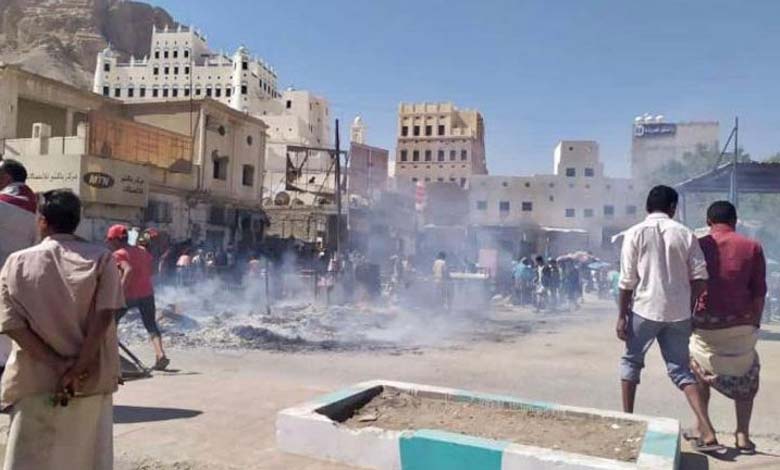The Yemeni Brotherhood fails to stir up ashes on February 11th… How?

The Yemeni Brotherhood represented by the Yemeni Congregation for Reform Party failed in its attempt to “stir up the ashes of the February 11th revolution” by rallying for demonstrations it planned to organize last Sunday to commemorate the events of February 11th, 2011, which the Brotherhood group, to which the party belongs, refers to as a “revolution” against the regime of former Yemeni President Ali Abdullah Saleh.
This failure was evident in the small number of participants commemorating the anniversary, which was limited to the city of Taiz, one of the last strongholds of the Muslim Brotherhood in Yemen, after the Houthis expelled them from Sanaa and various northern regions except for Marib governorate east of the capital, according to what was reported by “Al-Arab” newspaper. No demonstrations were organized in Marib despite its local authorities being under the control of the Yemeni Congregation for Reform Party, as the authorities there prohibited organizing any mass activities related to the event.
Yemeni news sites reported on Sunday, citing informed sources, that the Marib governor issued an order prohibiting the holding of any celebrations commemorating February 11th. They said that the decision reflected an agreement between the General People’s Congress Party and the Yemeni Congregation for Reform.
However, in the city of Taiz, where the Brotherhood still retains remnants of influence, a few hundred supporters of the Reform Party gathered on the main street of the city and raised the flags of the Yemeni Republic and slogans glorifying the “February revolution” and calling for its “completion.”
The Brotherhood had been planning for weeks to organize exceptional celebrations on the occasion of February 11th to serve as a demonstration of their popular strength and to prove that the group still has a strong presence in the phase towards a peaceful settlement of the Yemeni issue and that it deserves to play a pivotal role in the post-settlement phase.
Members of the Reform Party also tried to use their influence in the local authority in Taiz to compel the city’s residents to participate in demonstrations on Saturday and Sunday, in addition to using party-affiliated wealthy individuals to leverage their financial capabilities to entice community leaders to encourage people to join those demonstrations.












